What Causes Stress and Anxiety in Dogs?
Sometimes it might seem like this negative behaviour comes out of nowhere, but it is usually brought on by some change in routine, environment, or activity. More owners are noticing anxiety in their dogs. Separation anxiety is one of the most common forms of anxiety in dogs, and this can affect dogs that have gone through trauma or have been abandoned in the past. This is common with many rescue dogs, also dogs that haven’t had the correct training at the beginning of their life, and the role of genetics also plays a part in dogs’ behaviour.
As an owner, it is important to be able to identify when your dogs are stressed and to know how to help them. Your dog can feel stressed for a number of reasons and just some of the causes of anxiety in dogs, include confusion and memory loss associated with ageing, fear of loud noises such as fireworks, dogs have a super-sensitive hearing that is only amplified to them, new environments such as moving house, large or strange objects, big groups of people, separation anxiety, introducing your dog to new people because not every dog likes getting introduced to every human.
We must also remember that as owners your own emotional health and stress levels can impact your dog’s stress levels, dogs to a great extent mirror the stress levels of their owners. Research has been done on cortisol spikes during stressful or scary situations, and the chemicals long term effect is seen in slow-growing hair and fur. A team of researchers measured a whole range of variables, such as seasonal differences in activity levels and lifestyle, but the only one that corresponded to the dogs' anxiety levels was their owners' anxiety level. In other words, an owner with excessive amounts of cortisol in their hair also had a dog with a high amount of cortisol.
Signs of Stress & Anxiety in Dogs
There are a number of ways that your dog may display stress, such as destroying objects in your home, toileting despite being house trained (if your dog just starts having accidents it could be a medical problem so have your dog checked by your Vet), showing reactive or aggressive behaviour (again if your dog suddenly develops aggressive behaviour have them checked by your Vet. Hypothyroidism could be the cause), repetitive behaviours, pacing or restlessness, and panting behaviours.
How to Help Dogs Relax
It is important to feed your dog a healthy diet such as a species-specific raw food diet because some behavioural problems in dogs can be linked to artificial additives in processed commercial dog foods. Omega 3 fatty acids, which is abundant in krill and small fish such as sardines, anchovies and pollock has been shown to maintain mood levels and a sense of well-being. Feeding high protein kibble commercial dog food can often exacerbate existing nervousness, fear, and hyperactivity. A raw food diet can have a great effect on our dogs. Everything starts in the gut which plays a host to the many beneficial bacteria and chemicals which influence self-control, mood balance and feelings of happiness and contentment. 90% of serotonin is produced in the gut, and the gut brain axis is influenced by gut health and raw meat improves the health and balance of the gut.
Making sure that our dogs get plenty of exercise is critical for your dog’s mental health. Training is especially important because it creates a platform for communication between you and your dog. Interactive playtime also helps your dog’s behaviour such as playing with the flirt pole. Exercise is important for your dog, but mental stimulation also helps your dog with anxiety or hyperactivity. You can invest in lots of different enrichment toys for dogs, e.g. snuffle mats for scent work, food stuffed kongs to feed your dog, and enrichment puzzles that come in various levels. Most importantly it is crucial to train your dog’s how to switch off and chill, so l like to teach my dogs the settling exercise.
Avoid bringing your dog into stressful situations, for some dogs certain situations will always be too overwhelming for them to manage. If you know that your dog responds poorly to loud noises for example, do not bring them anywhere where loud music is playing and keep your music to a comfortable volume at home.
Dogs can get stressed, but there is a lot we can do to support them. By paying attention to their behaviour, you can identify the signs and causes of their stress and therefore, help your dog. If you are struggling, I recommend you get help with a dog behaviourist, and in some cases rule out any medical causes with your Vet.
Products and Enrichment Toys That May Be Useful
These include thunder shirts or an anxiety rap, which intend to reduce anxiety via applying pressure to points on the dog's body, organic lavender spray, CD classical music, enrichments puzzles, and lick mats scent work to release good endorphins. Our all-natural calming dog supplements are also available to help with both dog and cat anxiety.
Justine Shone
JP Holistic Nutrition
https://www.jpholisticnutrition.com





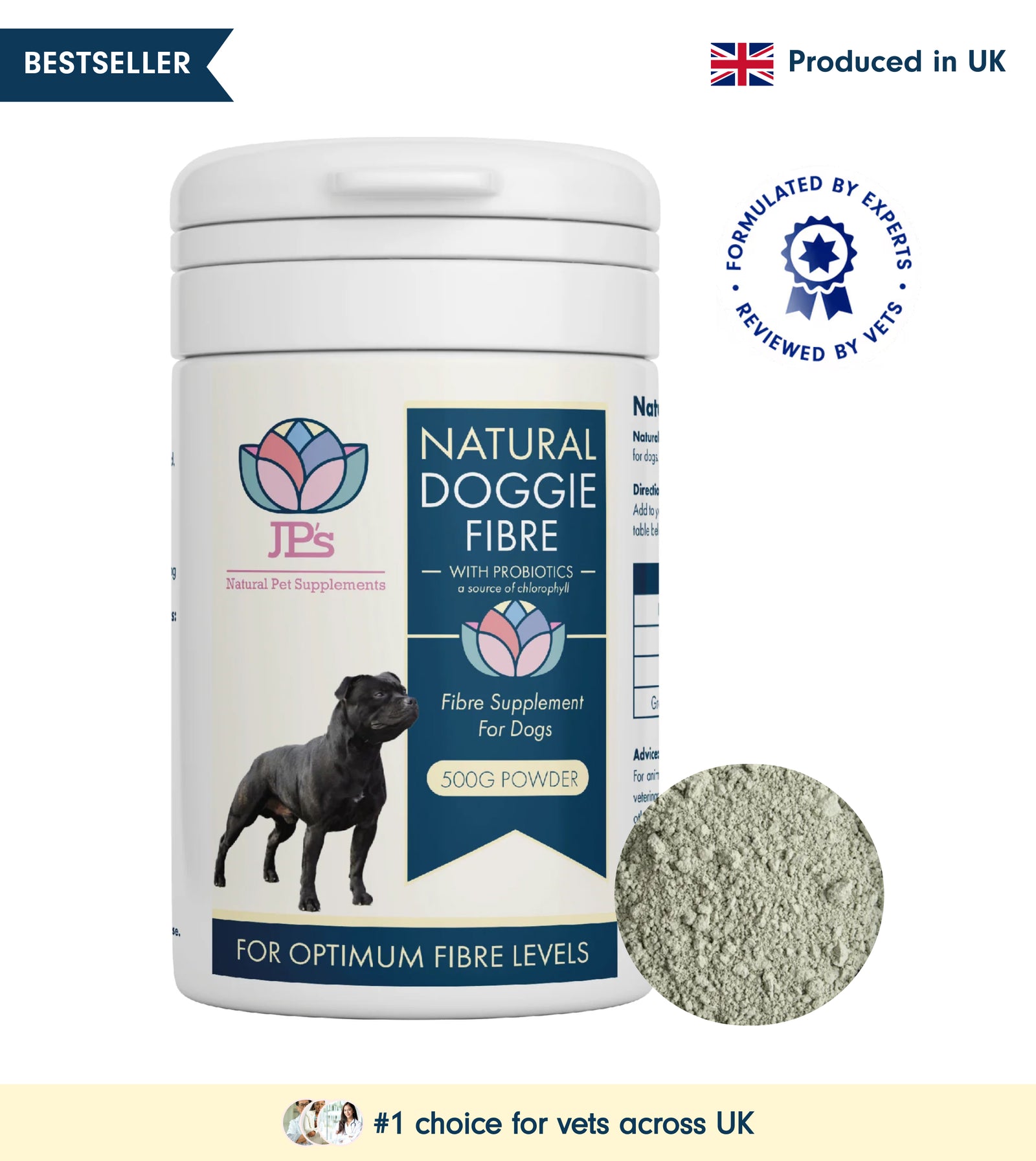
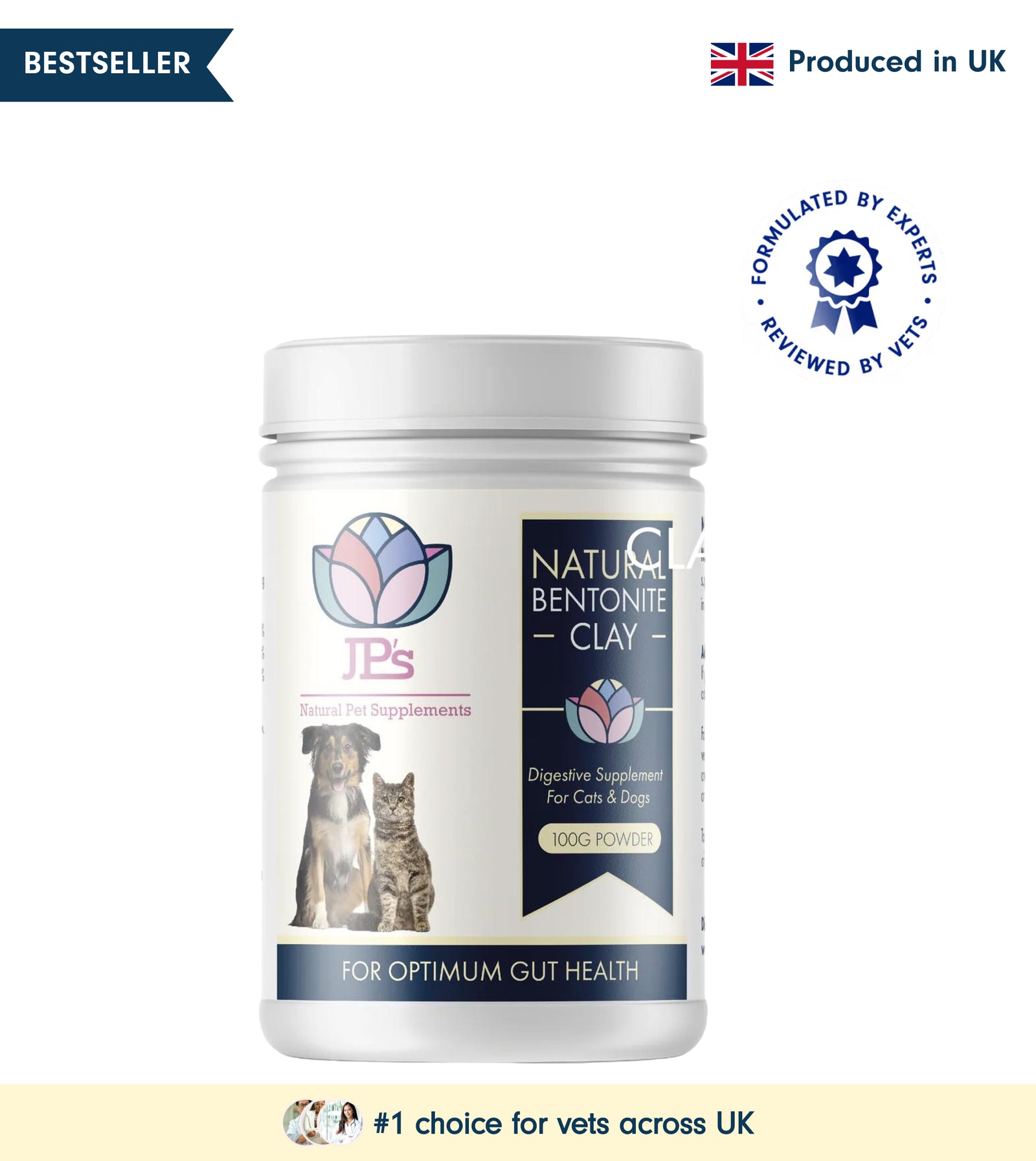

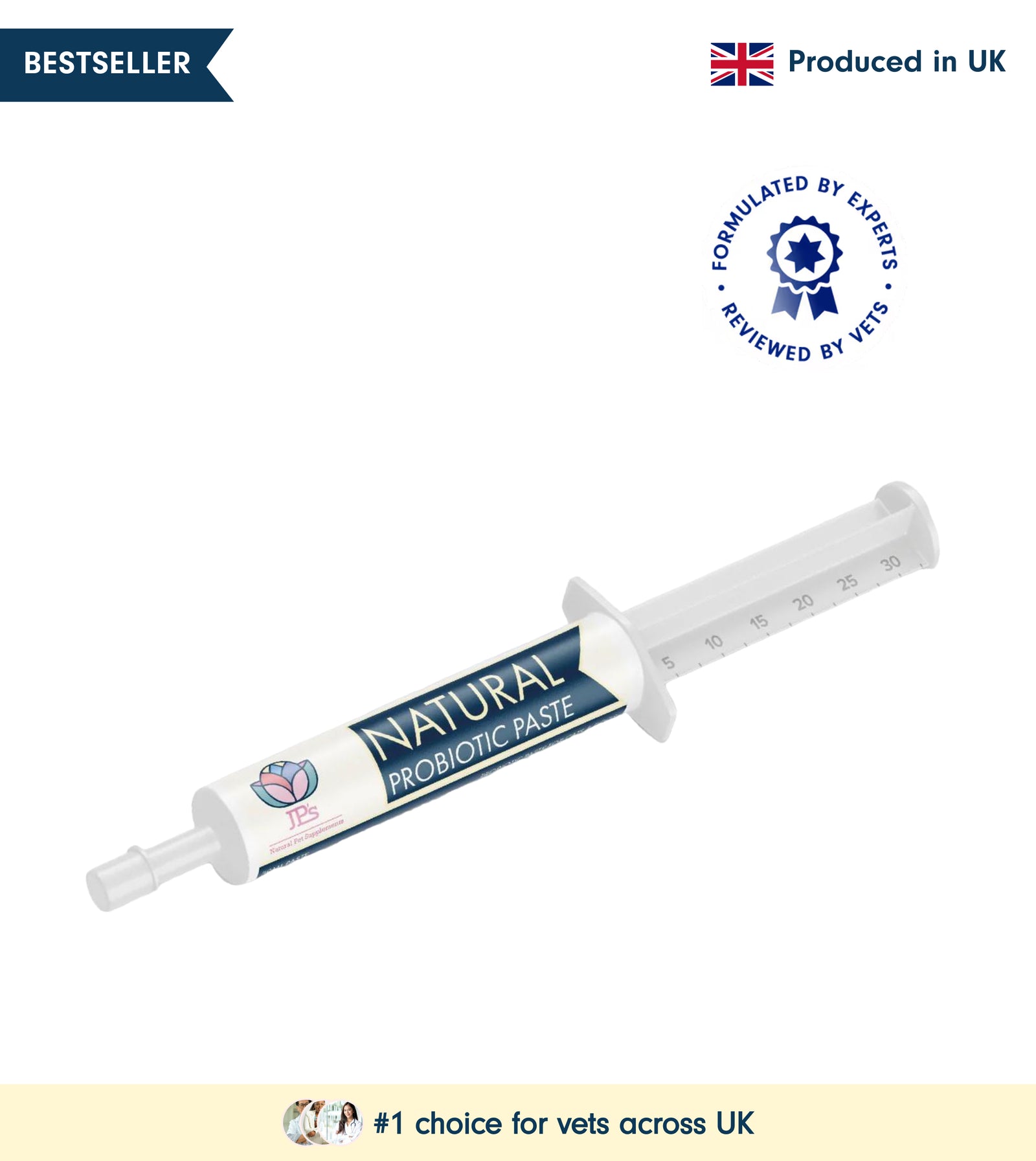
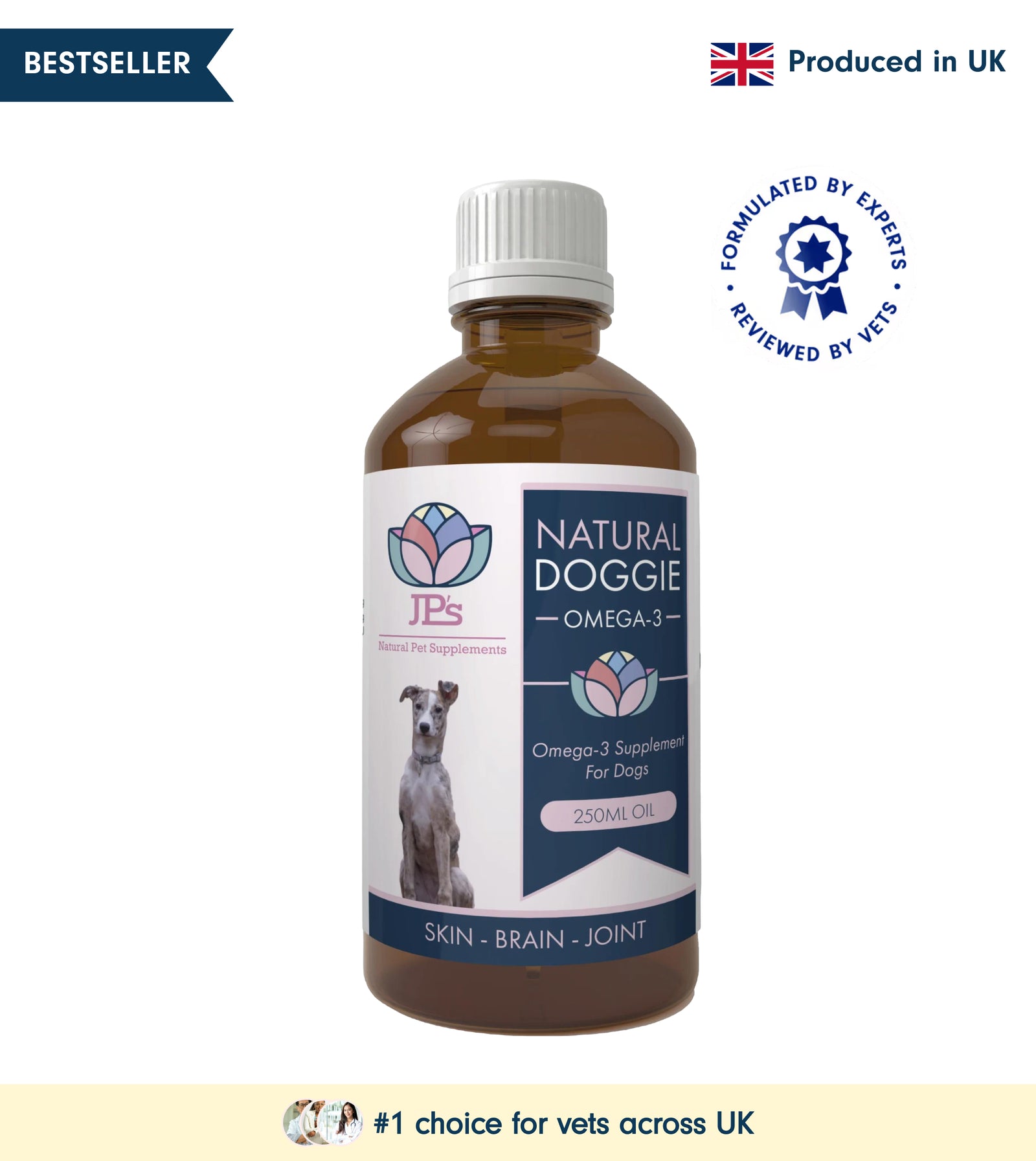
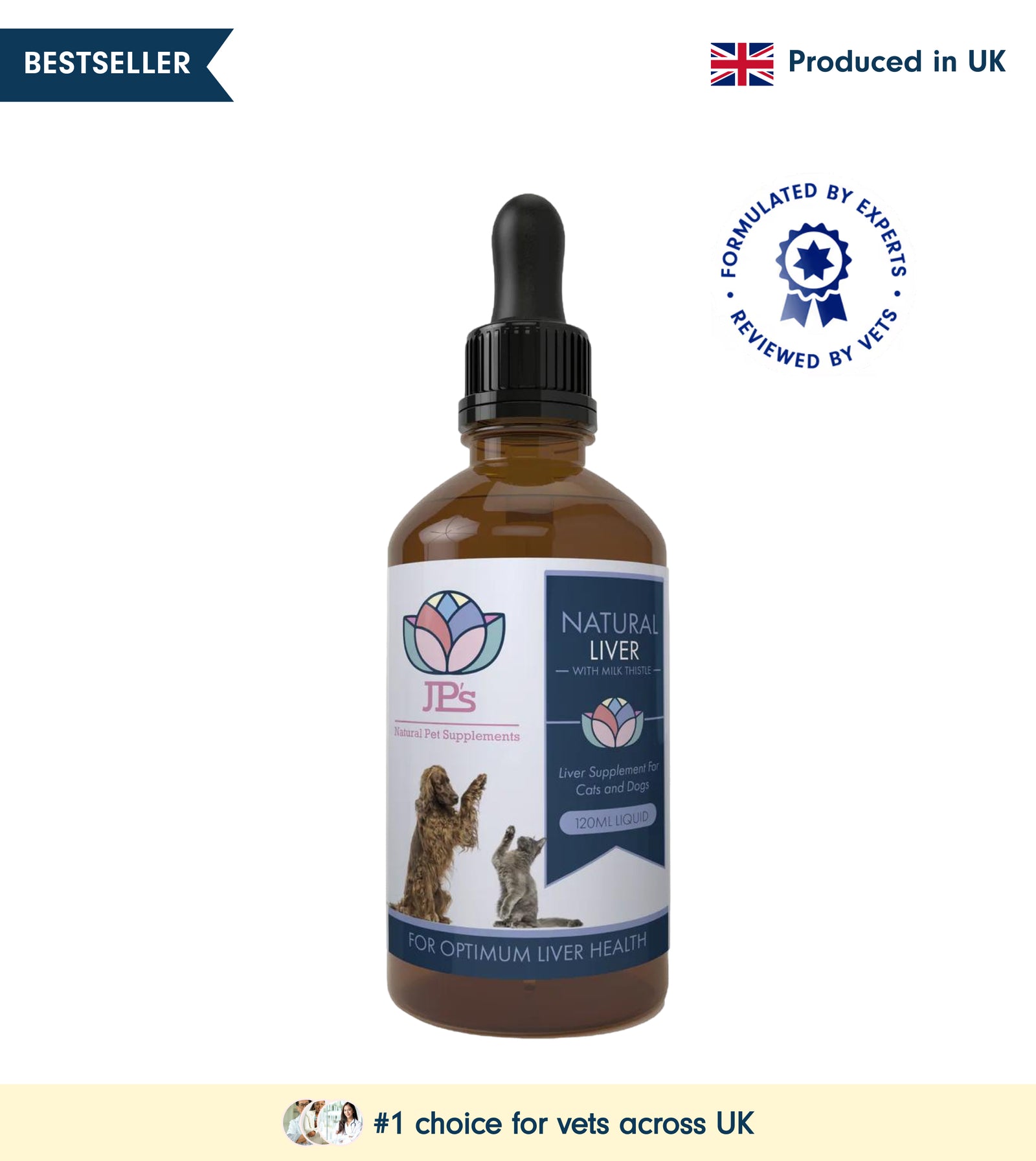





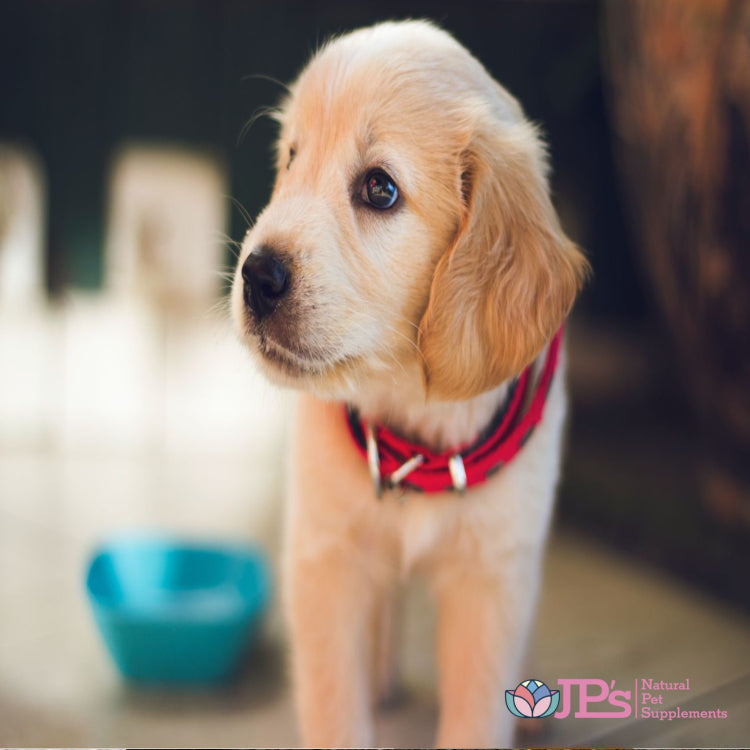
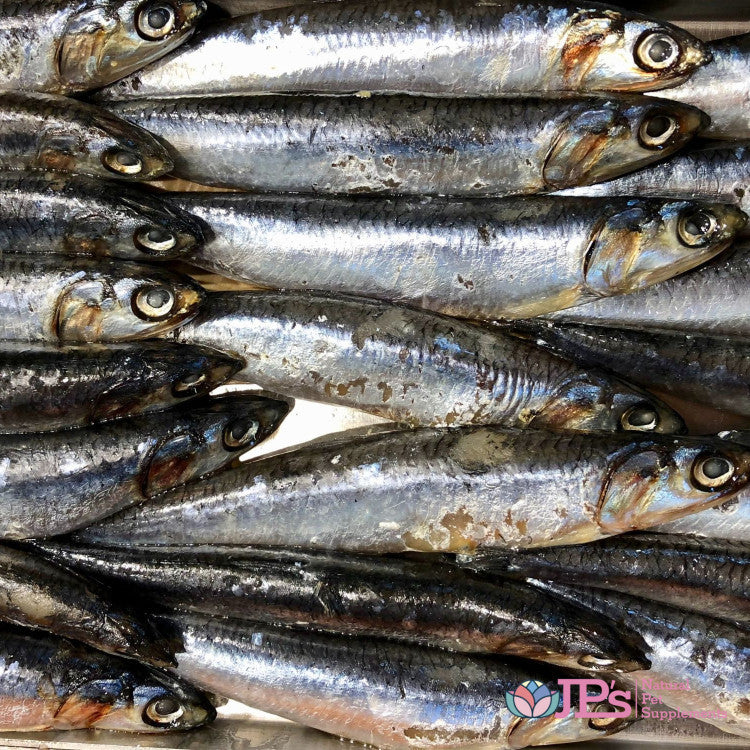
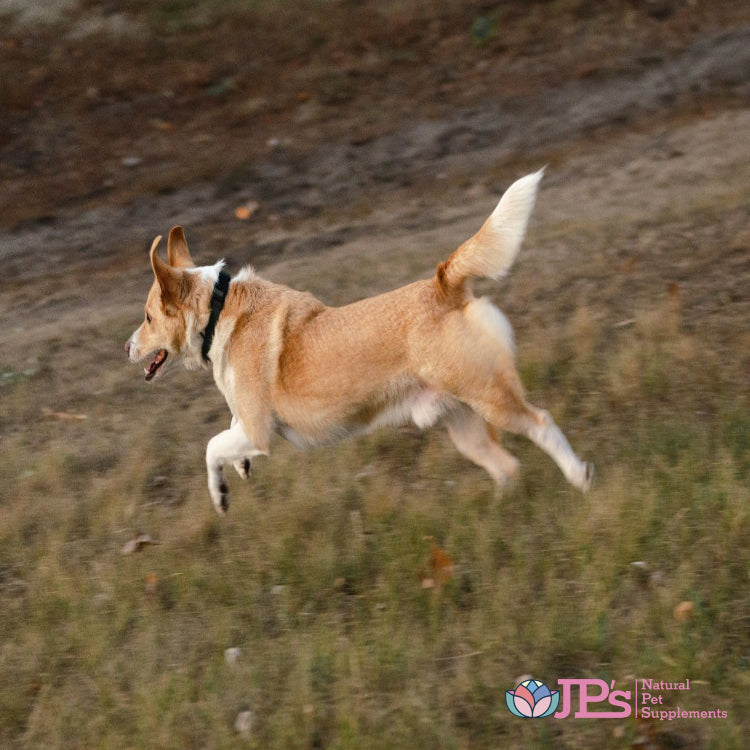
Leave a comment (all fields required)